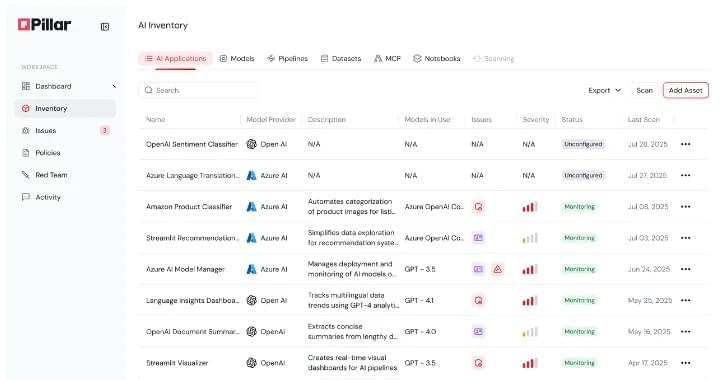New research reveals that irregular sleep patterns, not just how long we sleep, may significantly raise the risk of numerous diseases. A major international study published in Health Data Science has revealed strong links between sleep patterns and the development of 172 different diseases. By ex









